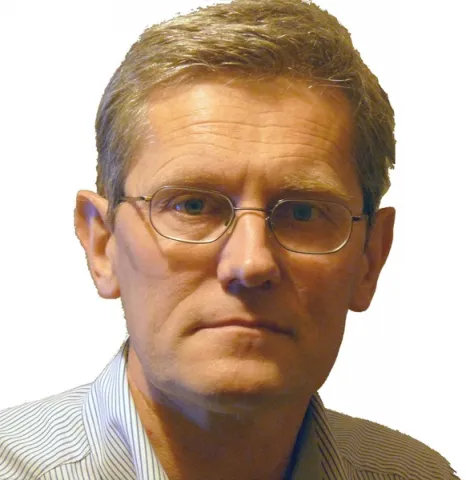Project overview
The deltas of the global south are the world's rice baskets but they are under environmental stress as a consequence of rising sea levels: 20% of agricultural land will be lost by 2100 in the deltas of south and southeast Asia alone, bringing attendant problems of flooding and saline intrusion. The major drivers of sea-level rise are anthropogenic climate change, land subsidence caused by groundwater and hydrocarbon extraction, and anthropogenic interventions (such as damming) on the rivers that feed deltas. The BRAGS GCRF project is in its final stage having establish a new international and multidisciplinary collaboration between UK and Vietnamese universities, international agencies (UN FAO) and other key end-users (IRRI, IPSARD) that is capable of delivering new insight into the trade-offs between flooding, sediment and nutrient deposition, rice cultivation and associated livelihood strategies in the Vietnamese Mekong delta (VMD). We have developed new modelling tools that can evaluate whether alternative water management and rice cultivation practices allow for sustainable intensification (in terms of yield and socio-economic outcomes for different groups) under environmental changes such as upstream impoundment, land use and climate change, nutrient fluxes in the Mekong delta.
Staff
Lead researchers
Other researchers
Collaborating research institutes, centres and groups
Research outputs
Alexander Chapman & Stephen Darby,
2018, Ecosystem Services, 32(Part A), 110-111
Type: article
G.M. Kondolf, Rafael Schmitt, Stephen Darby, Paul Carling, M. Arias, Simone Bizzo, Andrea Castelletti, Tom Cochrane, Stan Gibson, Matti Kummu, Chantha Oeurng, Zan Rubin & Thomas Wild,
2018, Science of the Total Environment, 625, 114-134
Type: article


